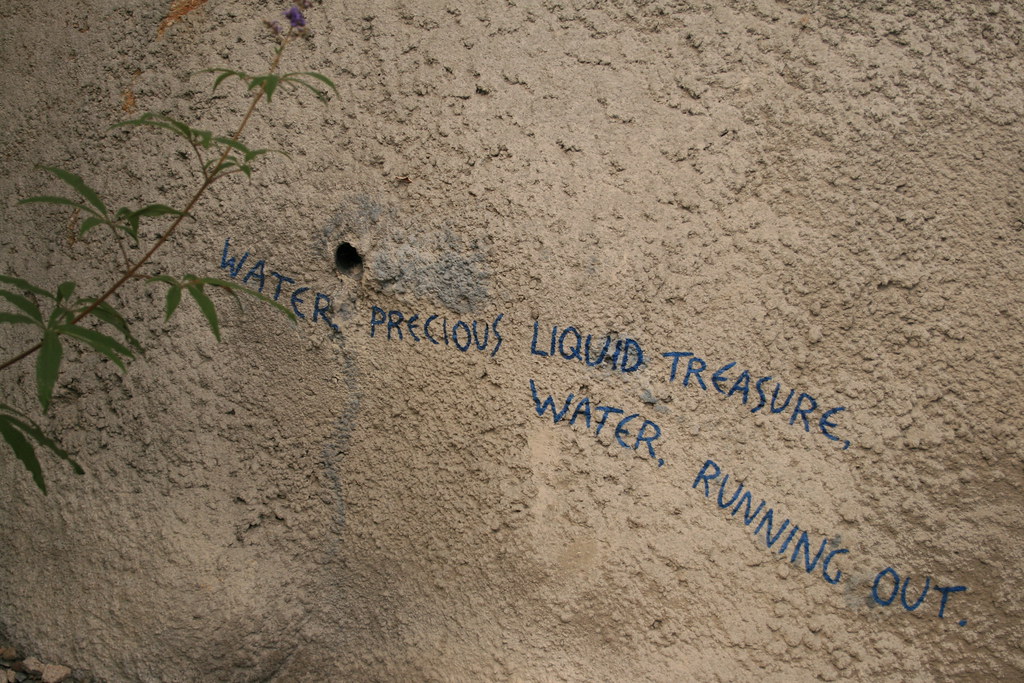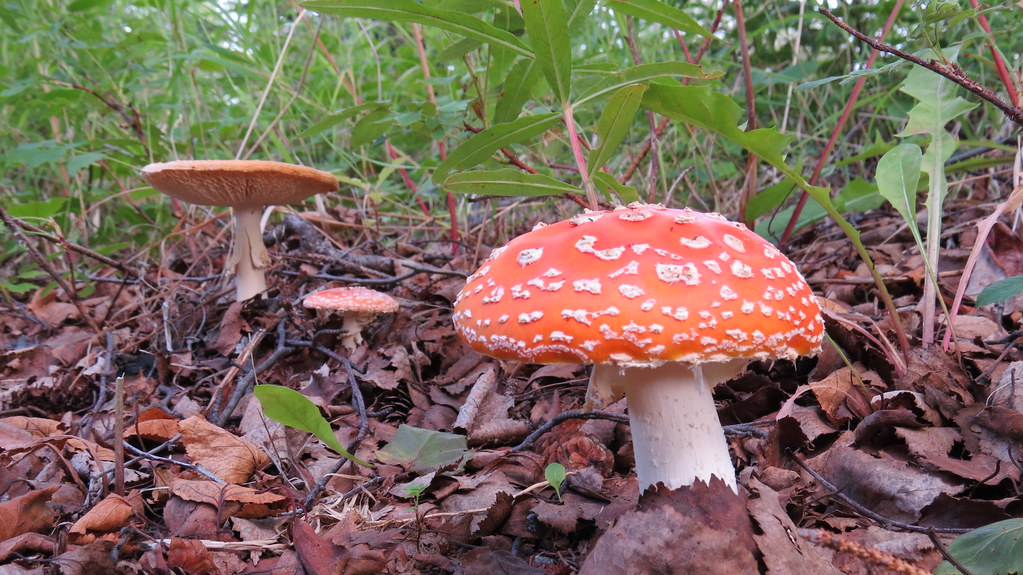This is the second year I've done this particular "sharing the planet unit" with grade 1 students. Last year the focus (their focus, not mine) was on butterflies, we had seen a lot. This year, we are focusing a lot on millipedes. Through questioning we are able to help the students use online resources to identify and figure out what these living things are about.
I want to start changing (drastically at times) how my questioning skills can dig deep fast. I've been working all year on structuring questions, my co-teachers think it's a natural skill of mine, but I've worked very hard on it. However, I'm not yet where I want to be.
I've been reading coaching books to help develop questions that will make my teachers more effective, and I'm hoping I can transfer these questions, or these questioning techniques to students. How can we go deep fast though? Is it possible, recommended?
These are the thoughts that are running through me right now. How do I become the most effective questioner?



